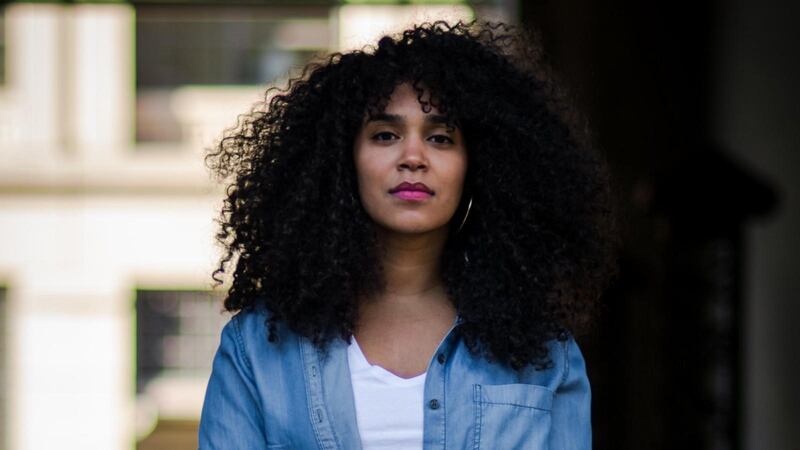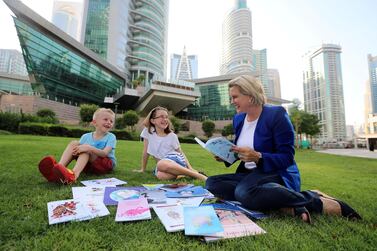Elizabeth Acevedo has won the Carnegie Medal, the prestigious children's book award, for her debut novel, The Poet X. Acevedo, a Dominican-American slam poet, is the first writer of colour to win the award in its 83-year history.
The Poet X is a verse novel about a Dominican girl called Xiomara who finds solace when she joins the slam poetry club at her school in Harlem. The novel was described by chair of the judges Alison Brumwell as, "a searing, unflinching exploration of culture, family and faith within a truly innovative verse structure".
Acevedo, the daughter of Dominican immigrants, was inspired to write The Poet X while working as a teacher at a secondary school in Maryland. One of her students refused to read the books on the syllabus, which featured no characters of colour, explaining that, "None of these books are about us."
In her acceptance speech at the British Library on Tuesday night, Acevedo paid tribute to this student. “I felt like this student had given me a challenge, or at least permission to grab the baton,” she said. “She gave me permission to write a story about young people who take up space, who do not make themselves small, who learn the power of their own words.”
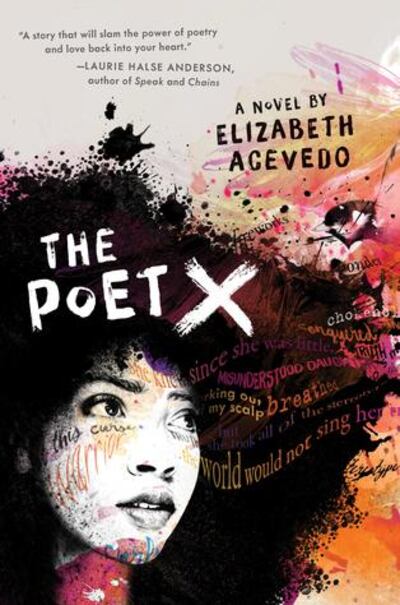
Acevedo concluded her speech with a poem about girls of colour, adding: “I think we should have poetry in every room as much as possible, and because I fundamentally believe in Dr Rudine Sims Bishop’s words that children’s literature should be a mirror and a window.”
Acevedo’s win comes after a review of the prize, carried out in 2017, when the 20-book shortlist was made up entirely of white authors.
Kate Greenaway Medal for illustration winner
The Kate Greenaway Medal for illustration was won by British illustrator Jackie Morris for her work on The Lost Words, a nature book for children written by Robert Macfarlane. The Lost Words, published in 2017, was a response to words such as "acorn" and "kingfisher" being removed from a popular children's dictionary. The actor Emma Thompson read a poem from the collection during the recent environmental protests in London.
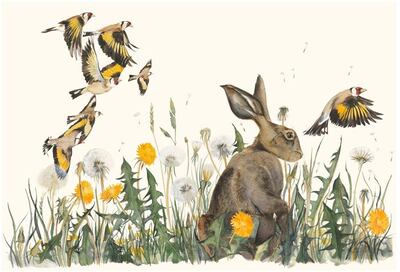
“The times ahead are challenging. It seems to me that artists, writers, musicians have one job at the moment – to help to tell the truth about what is happening to this small and fragile world we inhabit, to re-engage with the natural world, to inspire and to imagine better ways to live,” said Morris, who was nominated for this award in 2016, in her acceptance speech. “Because there is no Planet B and we are at a turning point. And because in order to make anything happen it first needs to be imagined. And as writers and illustrators for children we grow the readers and thinkers of the future.
"I'm learning so much as I watch our young people call politicians to account. Together we can make a change. And we must. While politicians nod and pretend to listen to Greta Thunberg, declare Climate Emergencies, then continue with 'business as usual' finding money always for bombs and seldom for books we need to stand beside these children and hold our deceitful leaders to account."
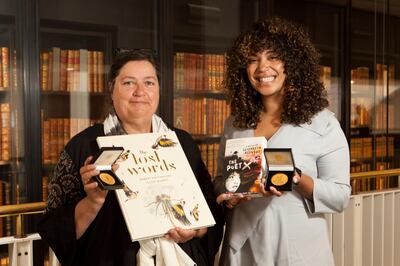
Acevdeo and Morris both receive £500 (Dh2,300) worth of books to donate to a library of their choice, a specially commissioned golden medal and a £5,000 (Dh23,000) cash prize. The winners of the Carnegie Medal and Kate Greenaway Medal were chosen by 14 volunteer youth librarians.
